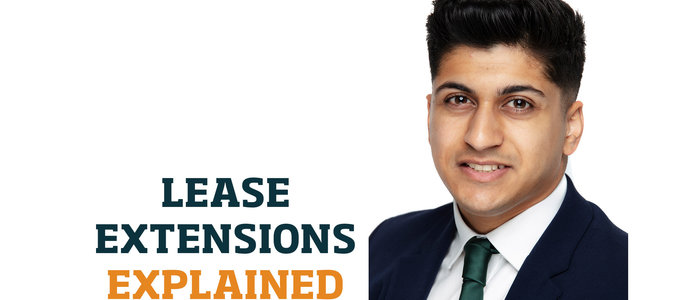Lease Extensions: How to Extend a Property Lease

What is Leasehold Ownership?
Leasehold ownership means that you own a flat or house via a long lease, but do not own the land that it sits on. The owner of the land owns the Freehold and is the Landlord to each of the leases affecting the Freehold. Because the leases are for a fixed term (often 99 years, 125 years of 999 years), the lease must be extended before it expires, otherwise the Freeholder would be able to take back possession of the property at the expiration of the current lease. At Lawson-West we regularly act for both Freeholders and Leaseholders in relation to residential lease extensions.
Leases Due to Expire
The closer a lease is to expiring, the less valuable a Leasehold property becomes, and the more expensive it becomes to extend the lease. If the current lease term falls below 80-years in length, the Freeholder will also be entitled to the ‘marriage value’ of the lease extension. In a nutshell, marriage value is 50% of the difference in value between your property with the current lease in place, and the value of your property after the lease has been extended. Depending on how many years are left, and how valuable the property is, marriage value can run into 10’s or 100’s of thousands of pounds, and it is therefore key for a Leaseholder to extend their lease before it falls beneath 80 years.
If the lease falls below 80 years, it will also be much harder (or impossible) to sell. This is because traditionally lenders will not lend on shorter leases (as they cost a lot to extend). This would leave the Leaseholder having to foot the cost of a lease extension, to find a buyer that can purchase the property with a mortgage or hope to find a cash buyer for the flat.
Methods of Extending a Residential Long Lease
There are 2 common methods of extending a residential long lease:
-
Informal Lease Extension (also known as an extension by agreement); or
-
Formal Lease Extension (also known as a section 42/statutory lease extension).
The Premium Payment
When extending a lease, the Freeholder will be entitled to a premium (which is the monies that shall be paid to them on the completion of the lease extension), in consideration of them giving you an extended period of ownership and occupation of the property. Traditionally, a valuer will be instructed to obtain a fair value for the premium – and they will then be able to negotiate this with the Freeholder.
Once the terms of the lease extension have ultimately been agreed (via the informal or formal route), the Freeholder and Leaseholder’s solicitors will then arrange for the lease extension documentation to be put into place.
If you are a Freeholder or a Leaseholder and require legal advice in relation to a lease extension, please do not hesitate to contact Lawson-West Solicitors today.
Contact Us here for more information or assistance

Dylan Mann, Commercial Property
Lawson West Solicitors, Leicester

This article is not intended to be legal advice and cannot be relied upon or applied to any set of circumstances. For further guidance, please contact Lawson West Solicitors Limited.
View all


